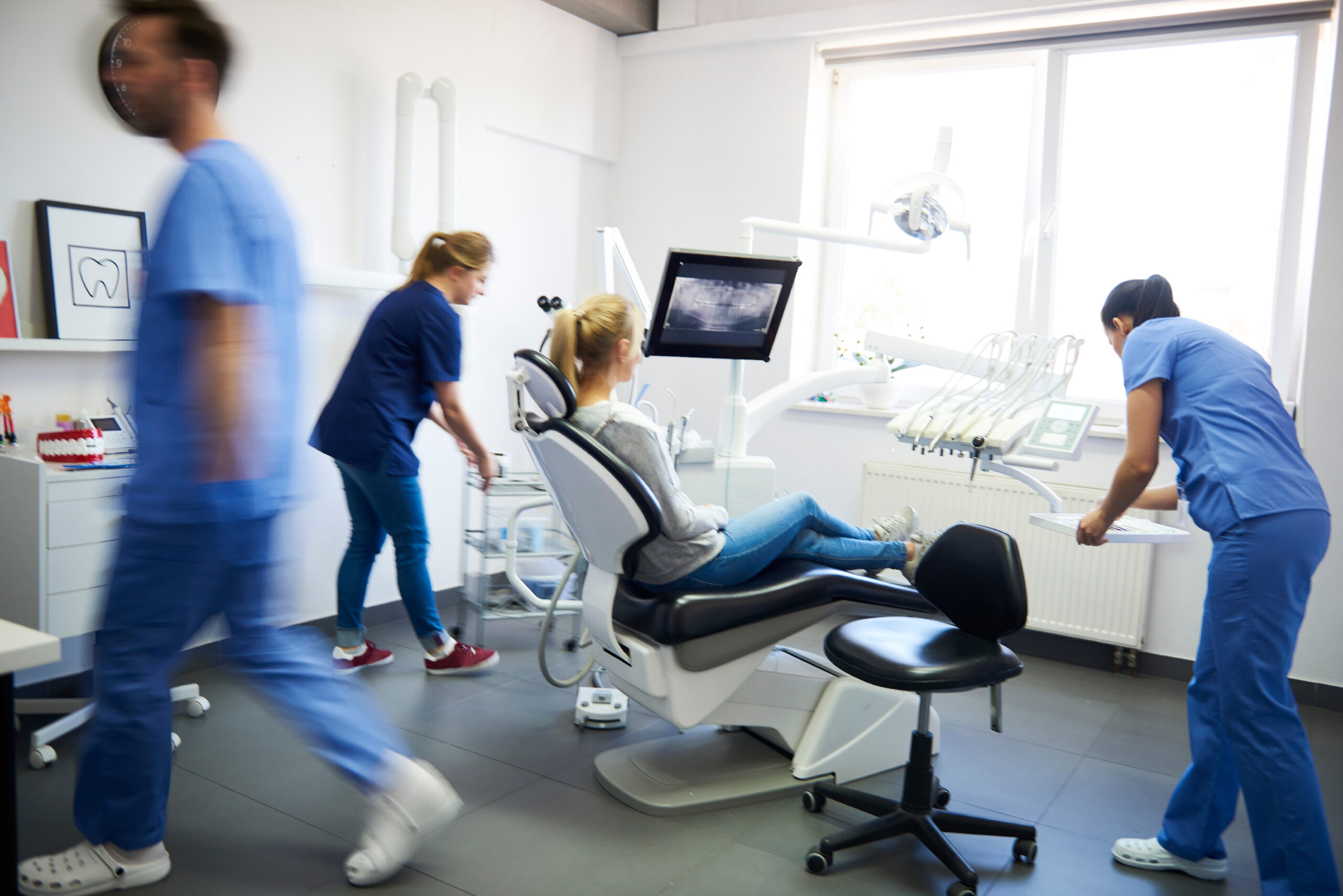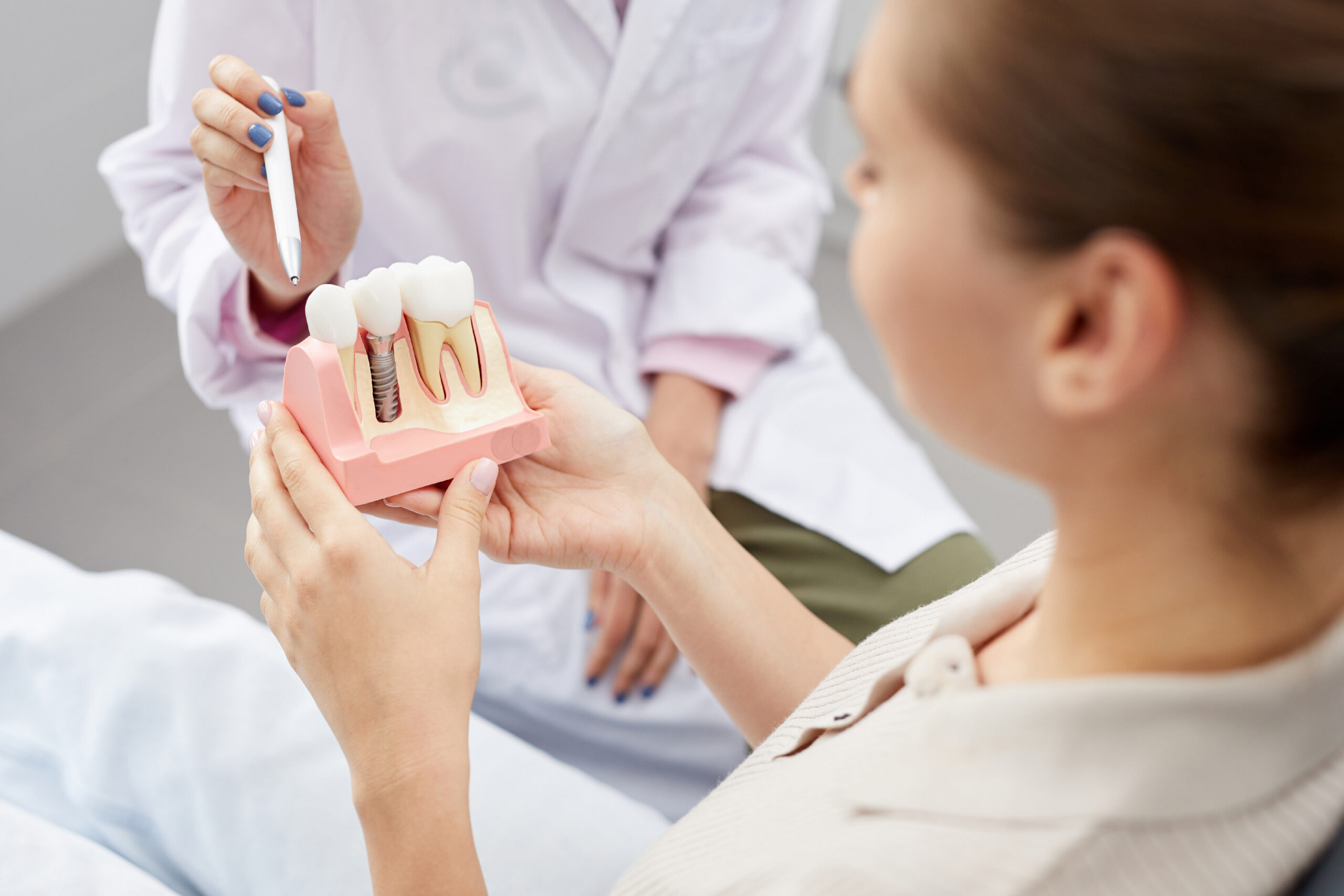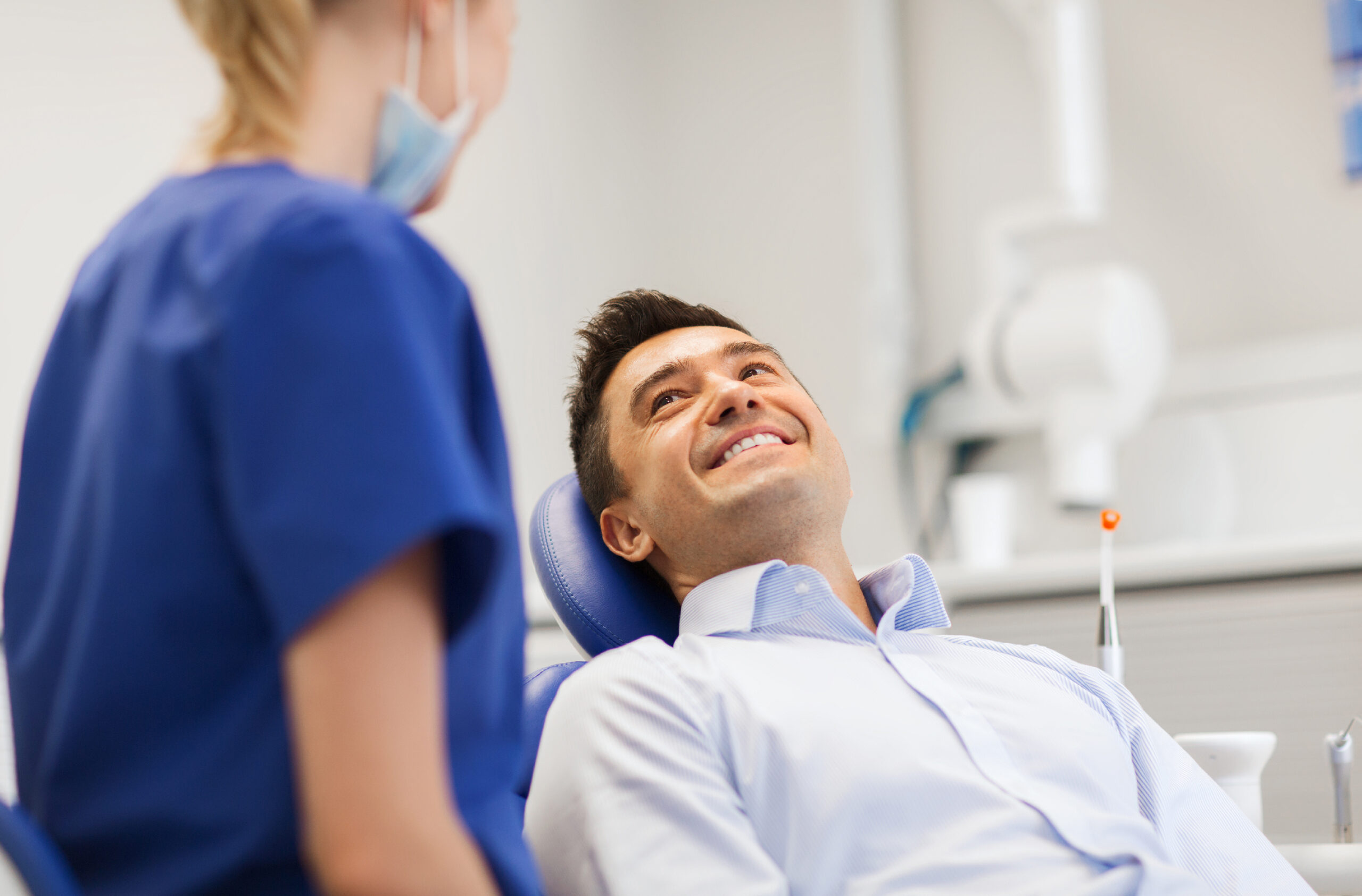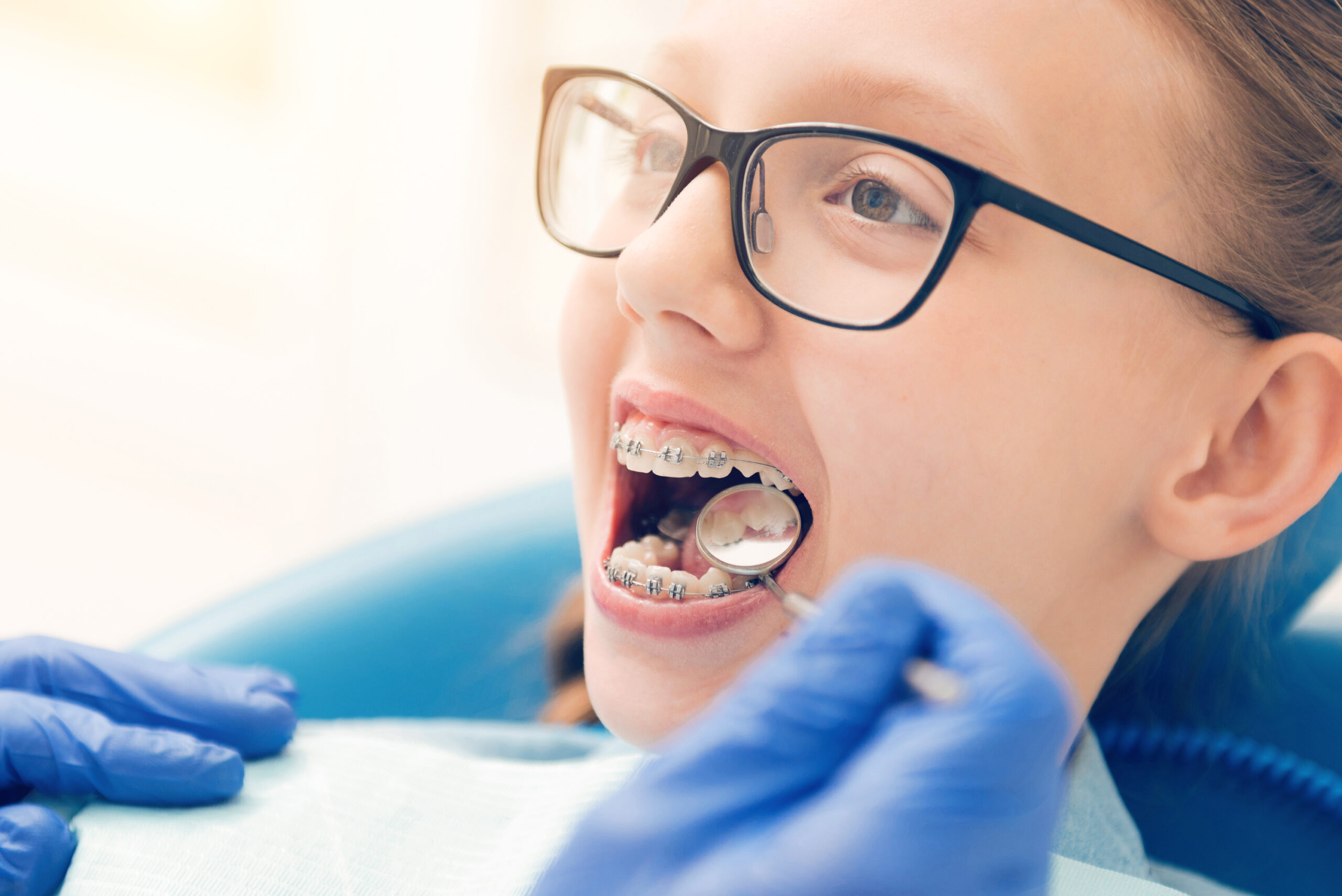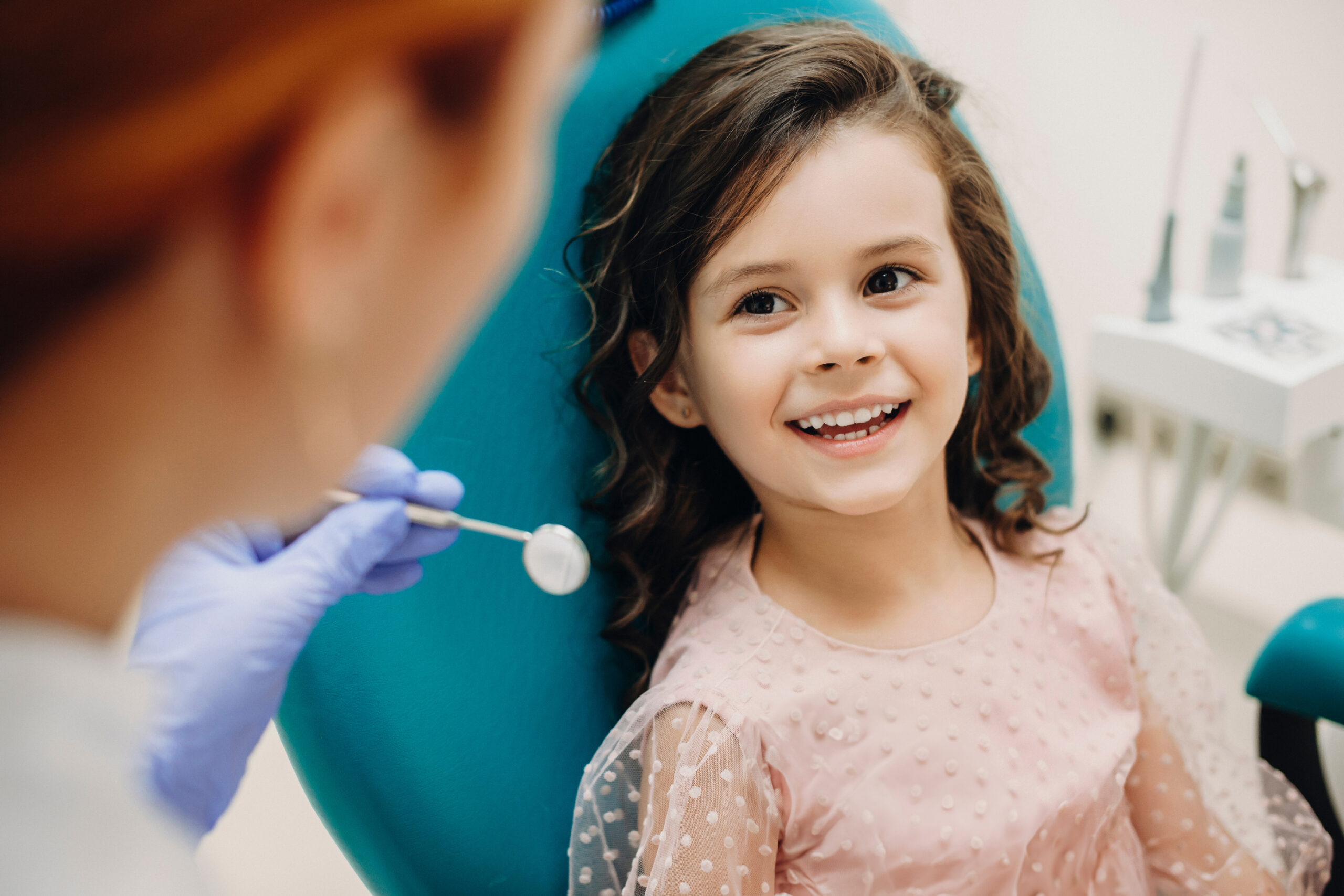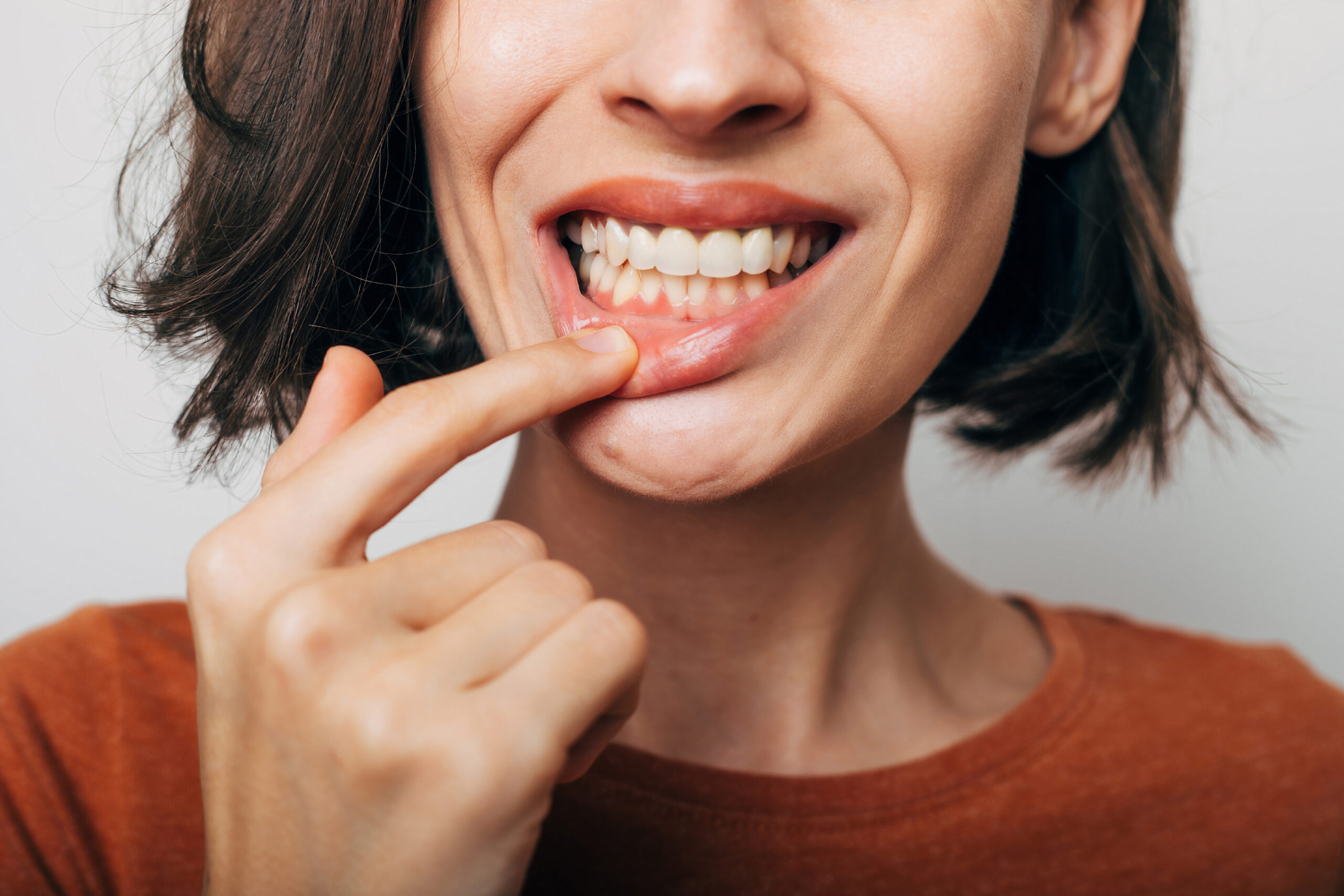Advanced Dentistry of Centre County
4.6 ★★★★★ (187) Read Reviews
About Our Office
Advanced Dentistry of Centre County has been serving families in State College, PA with high-quality family dentistry for over 40 years. The practice offers the latest in comprehensive services, including restorative and cosmetic dentistry, dental implants, sedation dentistry, and Tip-Edge and Invisalign orthodontics. State-of-the-art technology is also incorporated into dental treatments, such as digital x-rays, 3D oral imaging. The practice features an upscale and welcoming environment, a Starbucks kiosk, and a relaxing reception area with a lodge-like aesthetic.
Patient Experiences
Every aspect of our office environment has been thoughtfully curated to prioritize comfort, trust, and excellence. Our state–of–the–art facility is not only designed to provide top-tier dental care but is also geared towards maximizing convenience for our patients. At our office, patients can expect nothing less than a seamless blend of top-quality dentistry and warm, personalized care.
State of the art technology
We take pride in consistently offering our patients access to the most advanced dental technology. From the 3Shape TRIOS intraoral scanners, making impressions easier than ever, and digital CBCT imaging units to soft-tissue lasers and intraoral cameras, we are committed to investing in the best and most comfortable solutions available.
About our community
State College, Pennsylvania, is a vibrant town known for hosting Penn State University. Nestled in picturesque Central Pennsylvania, it blends academic energy with a welcoming community. Lined with diverse eateries, cultural venues, and outdoor spaces, State College offers a dynamic atmosphere for residents and students alike, fostering a unique collegiate charm.
Patient Forms
Please click here to view patient forms.
Meet Our Doctors
Office Gallery
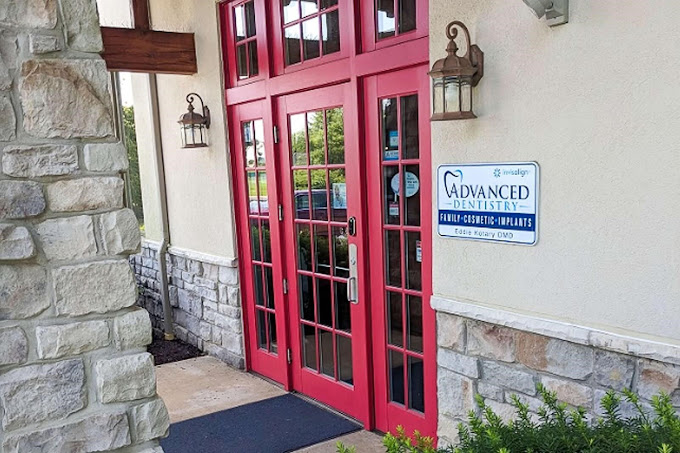


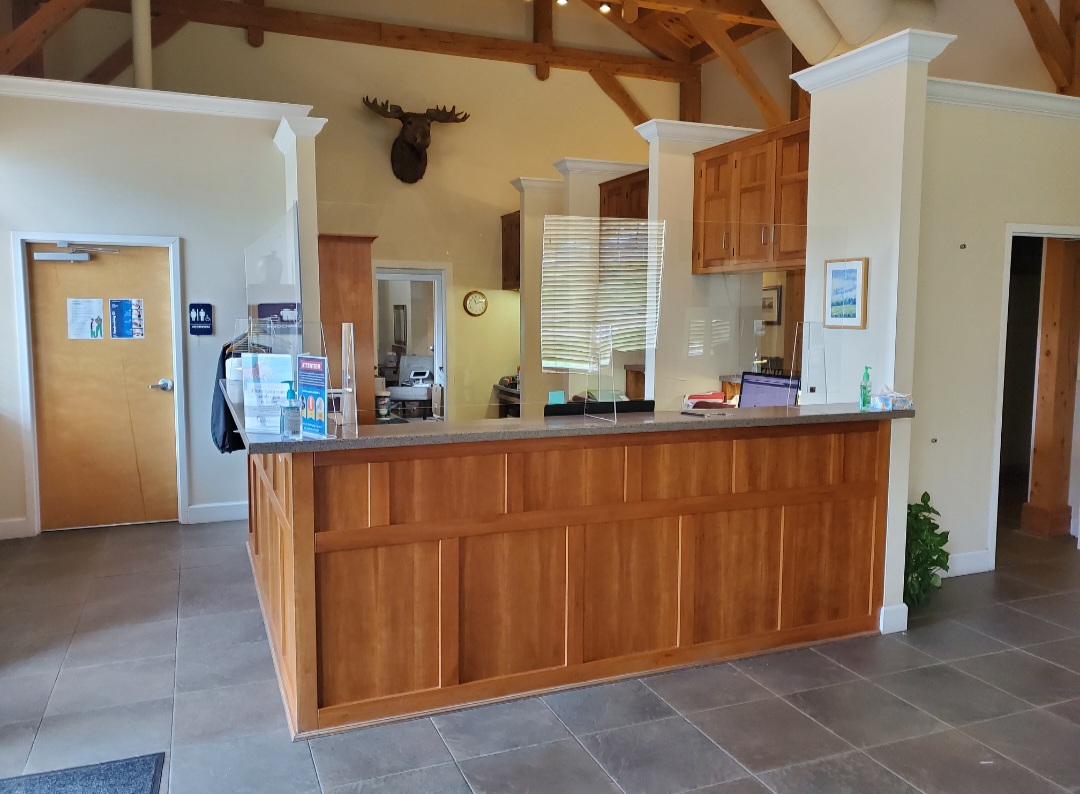
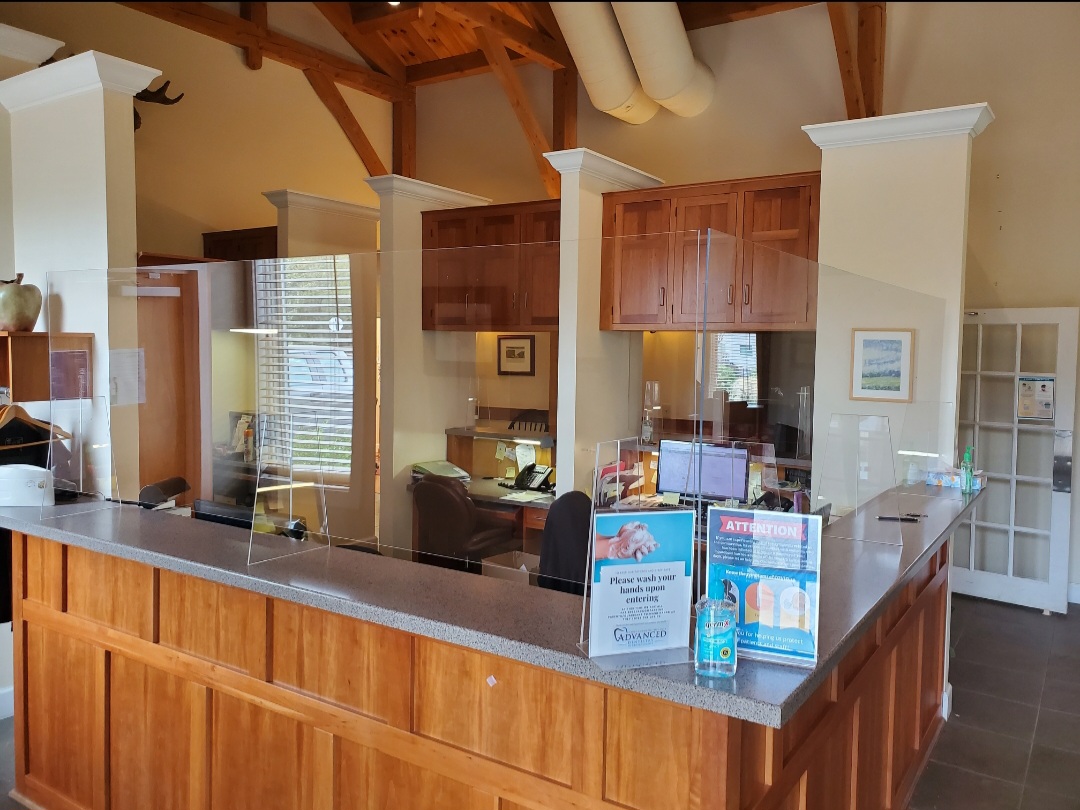

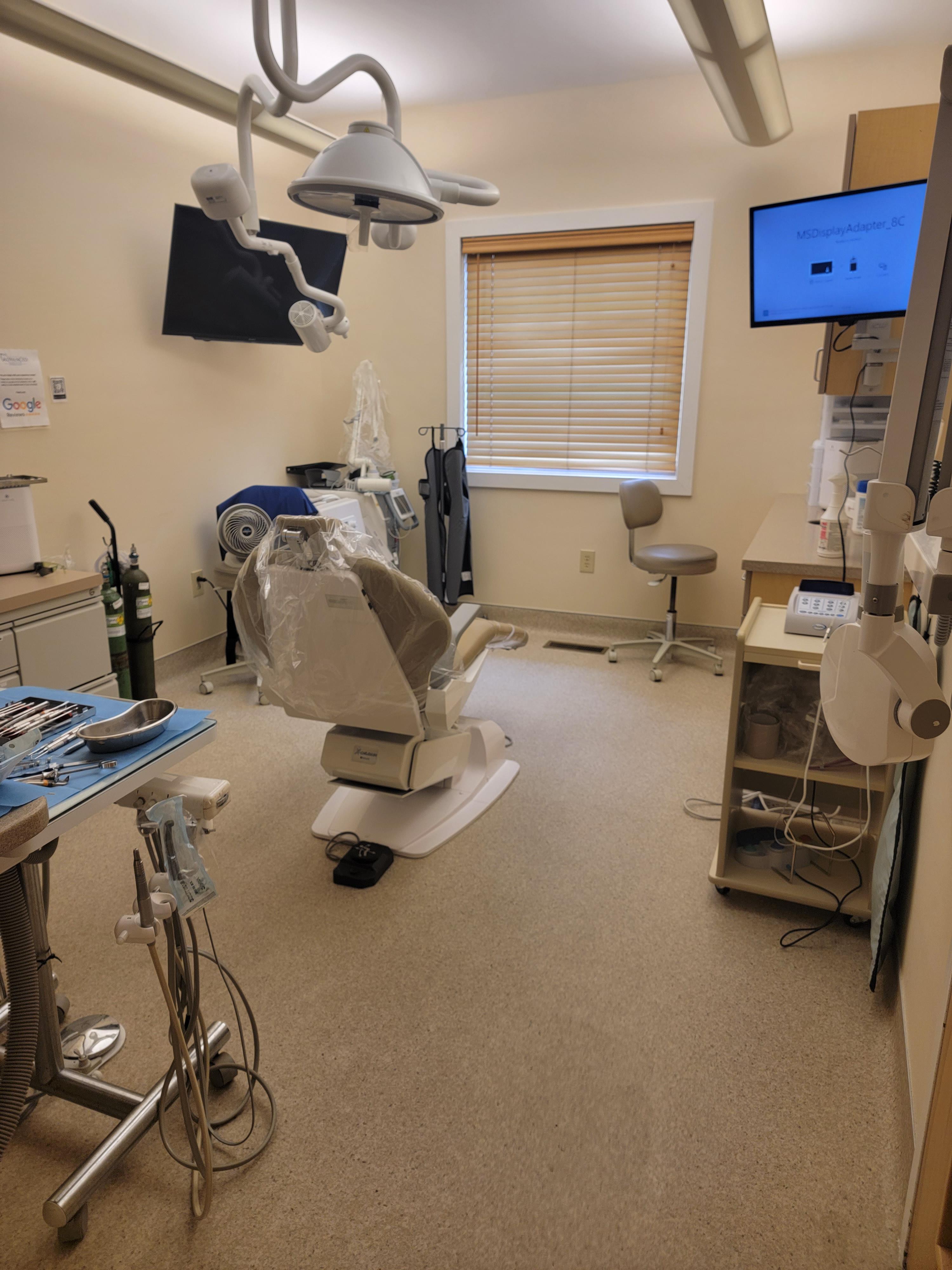

Before and After
Click to view our patient gallery
Test Name
...Content
Patient Reviews
Julia B.
If you are like me an have extreme anxiety with dental work, then do come here. Everyone is so nice and accommodating. They can always tell when I'm a...
Read MoreRoxanne W.
I have been coming here since I was a child. I have had many procedures done over the years and have great results. It’s a large practice, with a smal...
Read MoreCory J.
Great dentist office. Everyone is always kind and professional. Any concerns are always addressed. Appointments are usually right on time which is muc...
Read MoreBrian C.
Very satisfied with my initial visit. Very comprehensive and patient specific care. They were willing to utilize x-rays I had from another provider an...
Read MoreRequest an Appointment
Fill out the form below to contact us today




 Cosmetic Dentistry
Cosmetic Dentistry 